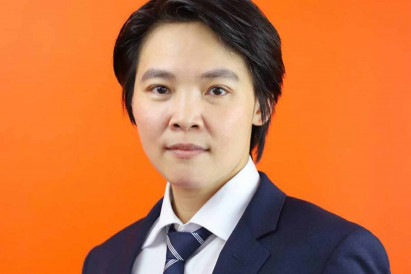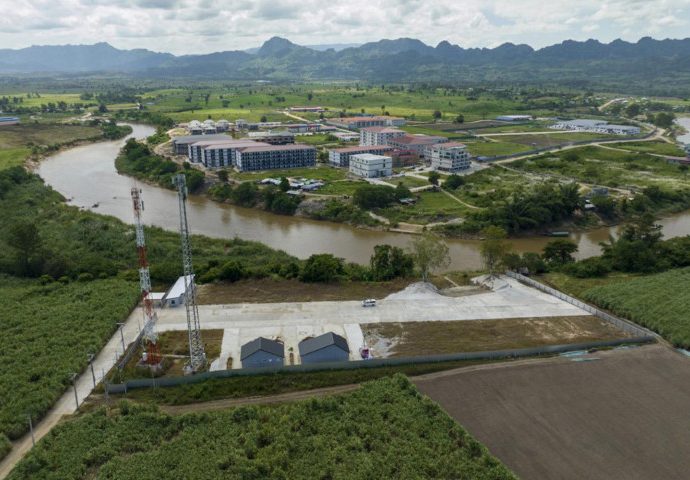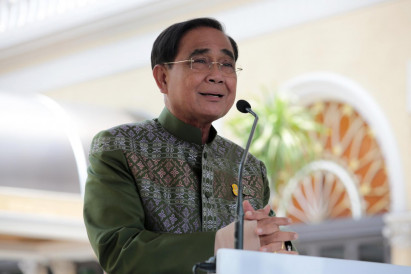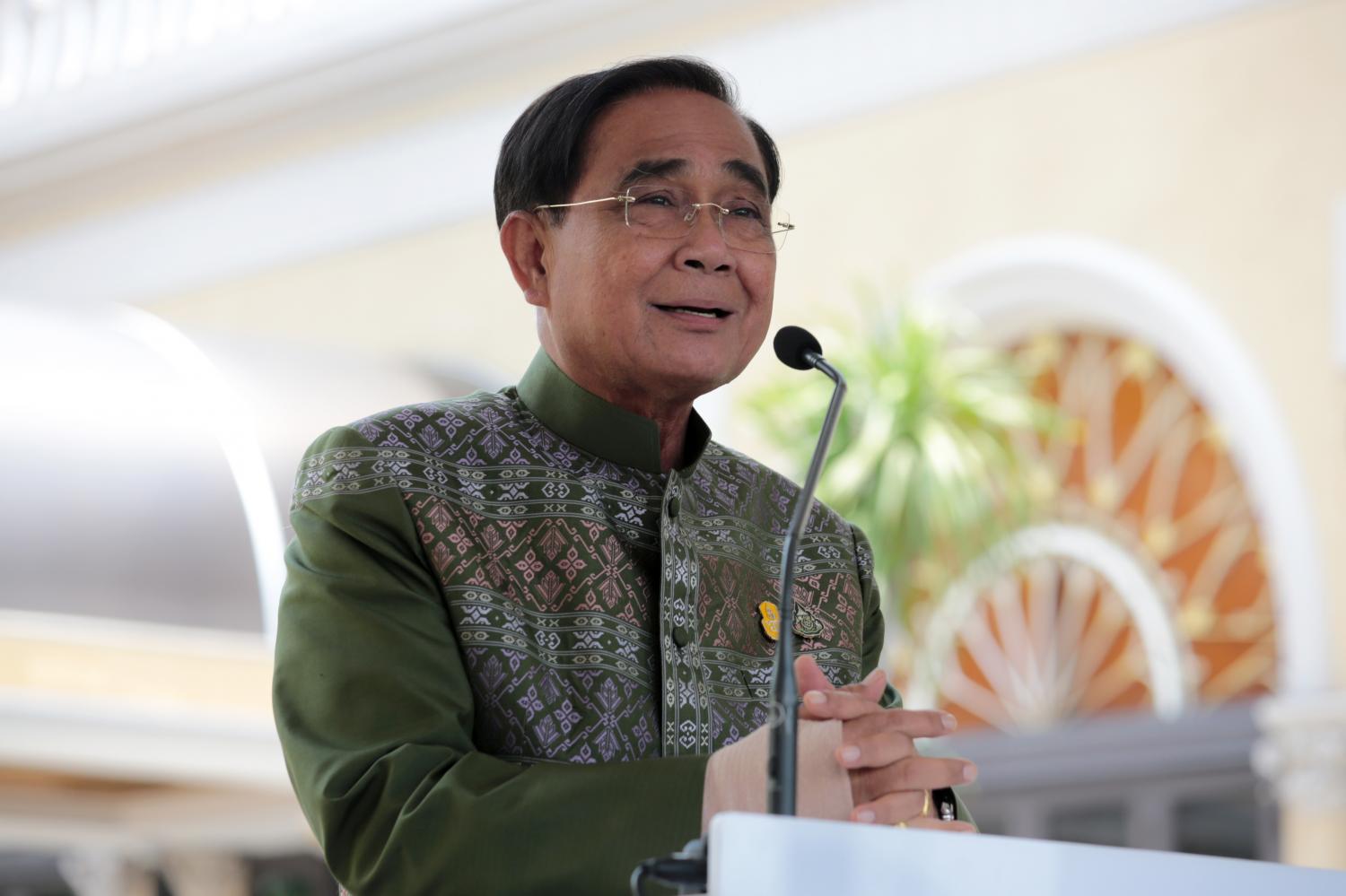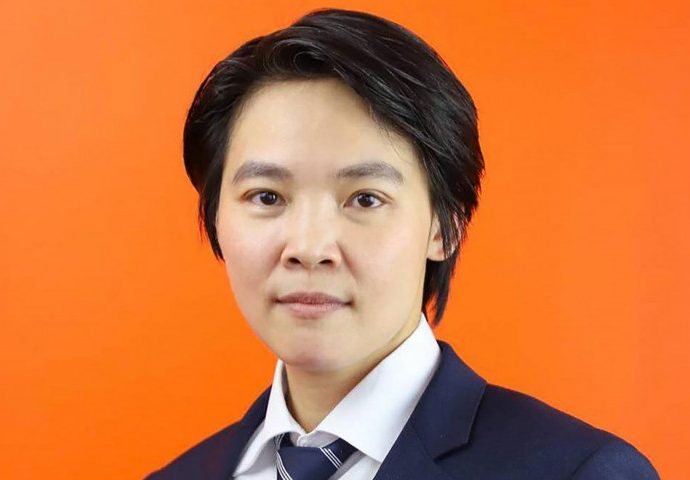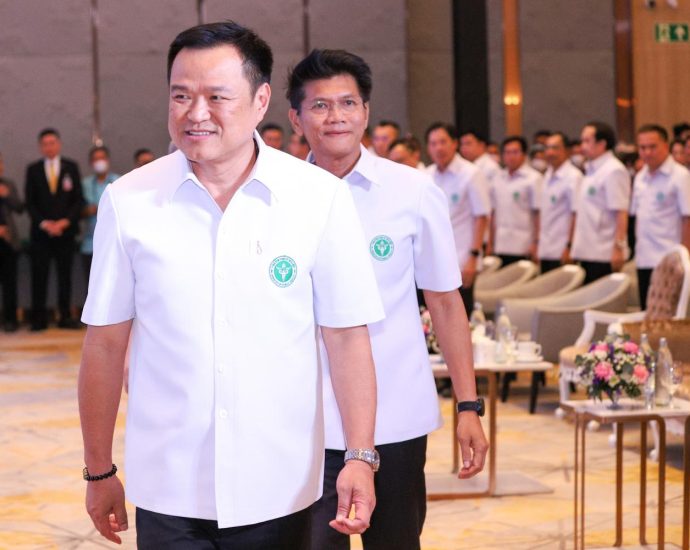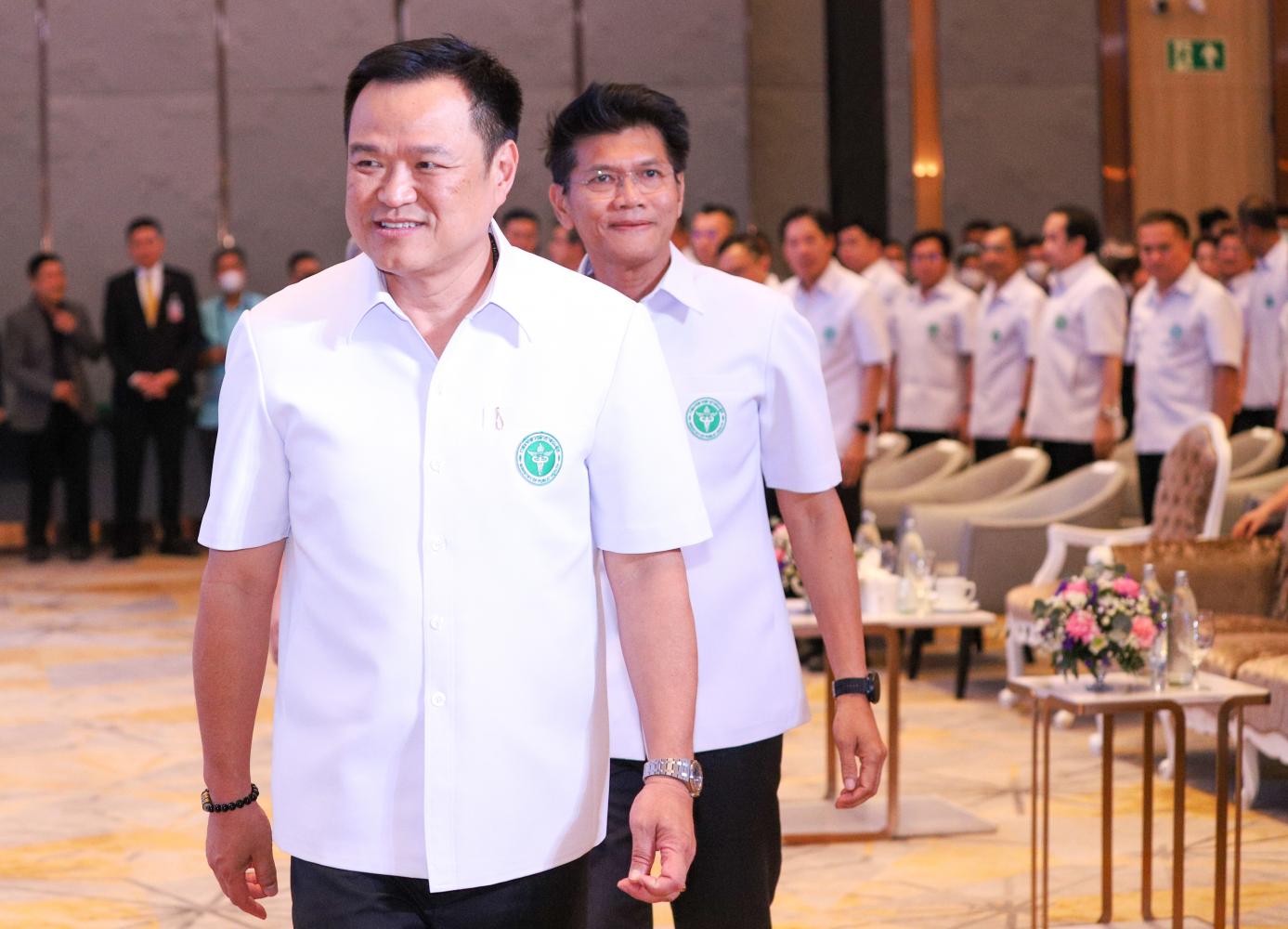Drink-driving list MP-elect gets suspended jail term
MFP candidate has lost seat she won in Sunday’s election

The Min Buri Court has sentenced Nateepat Kulsetasit, a Move Forward Party list MP-elect, to two months in jail, suspended for two years, and fined her 4,000 baht for drink-driving.
She was charged by prosecutors with driving while drunk early Tuesday morning in violation of the Land Traffic Act of 1979 and Automobile Act of 1979.
The court late on Tuesday found her guilty as charged and sentenced her to two months in prison and a 4,000 baht fine. The prison term was suspended for two years.
She was also required to report to probation officials every four months for one year and perform public services for a total of 12 hours. Her driver’s licence was suspended for six months.
Early on Tuesday, Ms Nateepat, 46, was stopped at a police checkpoint on Prasert Manukit Road in Lat Phrao district of Bangkok. An alcohol breath test showed 66 milligrammes of alcohol per 100ml of blood, above the threshold of 50mg.
Ms Nateepat subsequently resigned as an MP candidate on the party list, on which she was No.27 and would have taken a seat in the House of Representatives.
She apologised to the public and regretted her actions because she had disappointed people and would not be able to perform the duties of an MP and to vote for the same-sex marriage legislation that she had pushed for.
On Wednesday, Srisuwan Janya, secretary-general of the Association for the Protection of the Constitution, sent a letter to the Election Commission (EC). He asked the EC, as the political party registrar, to order the MFP to comply with the Political Party Act in Ms Nateepat’s case.
Section 22 of the Political Party Act requires the executive committees of all parties to oversee their members’ conduct. In this case, the MFP’s executive committee must report the offence committed by Ms Nateepat to the political party registrar within seven days of the offence.
Since Ms Nateepat had violated items 25 (2) and (6) of the MFP’s regulation, the party executive committee was duty-bound to take punitive action against her, he said.
If the MFP failed to do this, the political party registrar would be duty-bound to recommend the EC board remove the entire MFP executive committee, Mr Srisuwan said in the letter.

